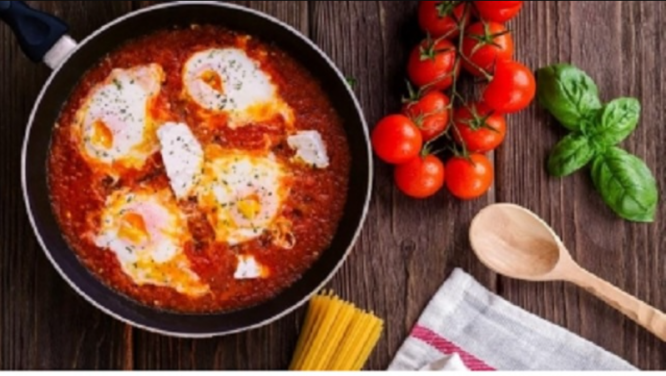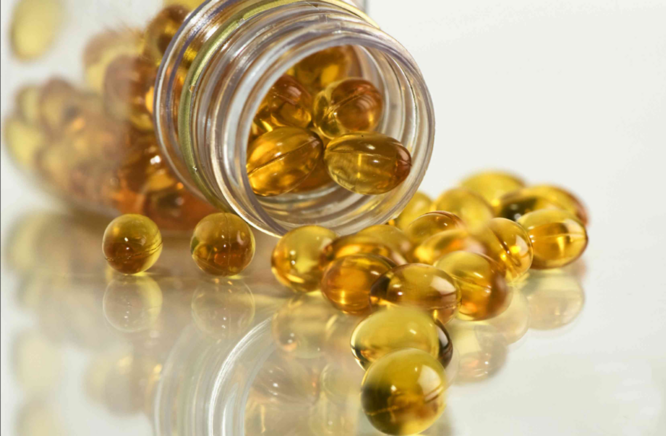
Indian spices promote good aging 2023
Sanjh
- 0
Our fast-paced lifestyle makes healthy eating difficult. Convenience meals and packaged foods, stress, and pollution make people more susceptible to health issues. Clean eating and fresh food help here.
We can regulate our food, but not environmental pollution. As more individuals become aware of this, Dr. Irfan Shaikh, Head of Medical and Scientific Affairs at Abbott’s Nutrition division, recommends healthy, balanced diets and activities to age healthily.
Start Early
Muscle bulk, long bones, hormonal maturity, blood, and immunity change as teenagers develop. Nutrients are needed for optimum growth.
Bone development: Vitamin D, magnesium, phosphorus, vitamin K, collagen, and essential fatty acids are also needed for bone health and turnover. These nutrients minimize teen bone fracture risk. Fish, egg, chickpea curry, mixed vegetable sabzi, dal tadka, and even flax seed chutney have these nutrients.
Red blood cells need iron, vitamin B-12, and folate. Teens cannot generate red blood cells to transport oxygen without enough iron. Spinach recipes such palak paneer, palak rice, palak dal, lentil soups, methi paratha, and beetroot poriyal provide these minerals.

Hormonal maturity: Early hormonal transition requires a balanced diet, appropriate proteins, high fibers, stress-free living, regular exercise, weight control, and good sleep.
30s and 40s Preventative Care
Preventive cardiac care is important for the 30s and 40s.
Cholesterol: Eat lots of vegetables, fruit, whole grains, protein-rich foods (especially fish and shellfish), legumes (such beans and lentils), nuts, seeds, and so on to decrease cholesterol.
Stress: Work, family, and finances can cause stress. Exercise and stress management are essential for mental and physical wellness. Exercising, yoga, writing, and meditation can relieve stress.
High blood pressure has no symptoms, thus only a doctor can diagnose it. Controlling high blood pressure requires staying active, reducing salt and caffeine intake, and losing waistline fat.

Prioritization’s Value
We should consider what we eat and drink as we age since it might affect our health. Future healthy aging elements include:
Protein: Building muscle, maintaining strength, or recovering from surgery need protein at any age. Meats, beans, dairy, seafood, almonds, seeds, and cottage cheese include protein, which can be used in curry dishes.
Fiber-rich: Fruits, vegetables, legumes, and whole grains keep you full, decreasing cholesterol and weight. Chana, masala, baingan bharta, and oats upma add fiber.
Calcium: As we age, our bones lose calcium and mass, increasing fracture risk and bone weakness. Milk, dahi, and cheese provide calcium. Due to their components, ragi dosa, til chutney, and paneer masala are protein-rich Indian foods.
Vitamin D: Sunlight is the sole way to synthesize this bone-building vitamin. Fat, eggs, and vitamin D-fortified dairy contain it.
Nutritional supplements: A balanced diet is essential to satisfy nutritional needs and develop muscle as you age. We eat for muscles, yet nutritional deficits may occur. Ensure HMB, a science-based nutritional supplement containing 32 essential elements and HMB, which helps prevent muscle loss and restore strength and energy, can solve these gaps.
Health should be a priority at every life stage. Stay healthy as you age by eating locally and organically sourced traditional meals.

